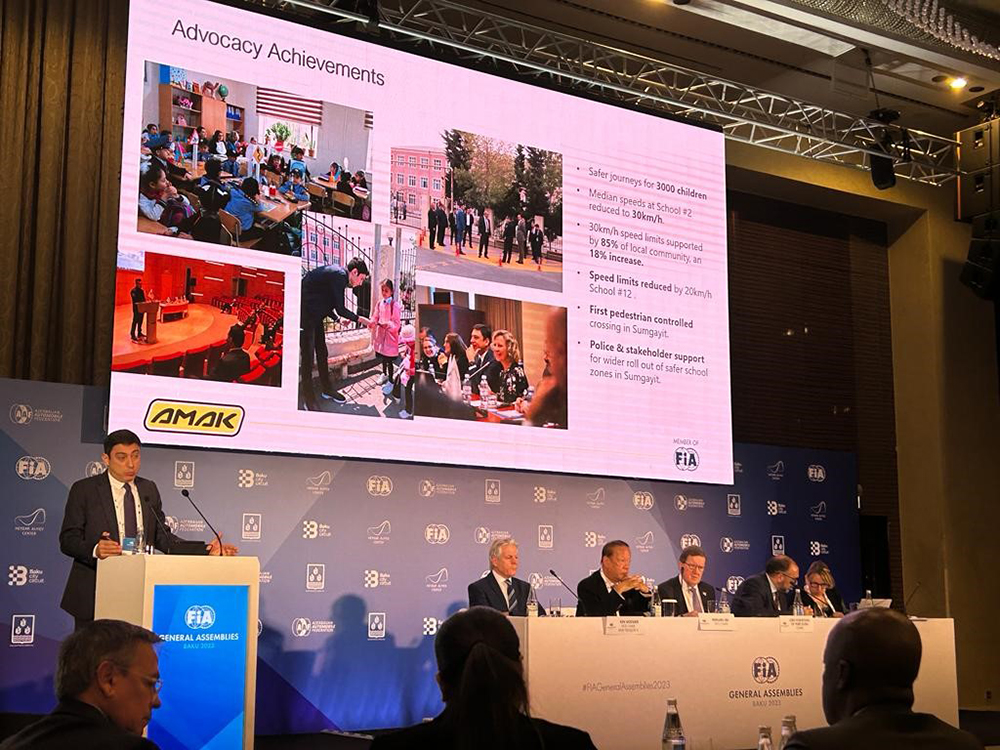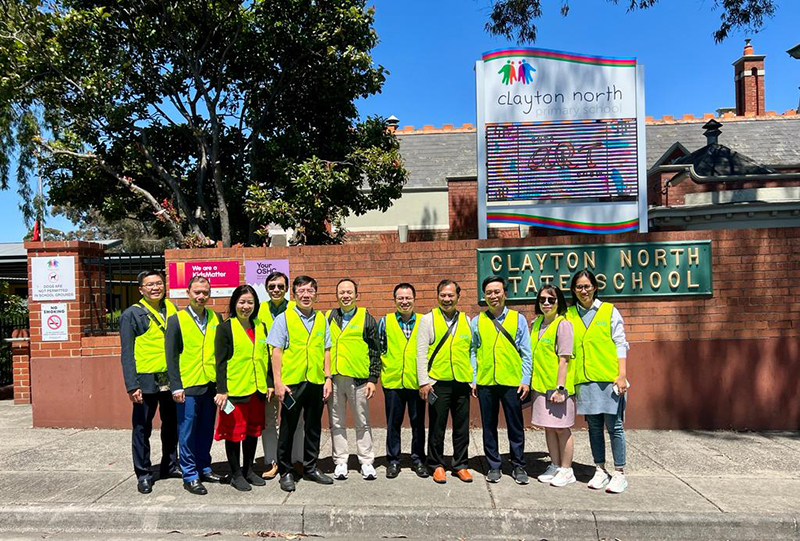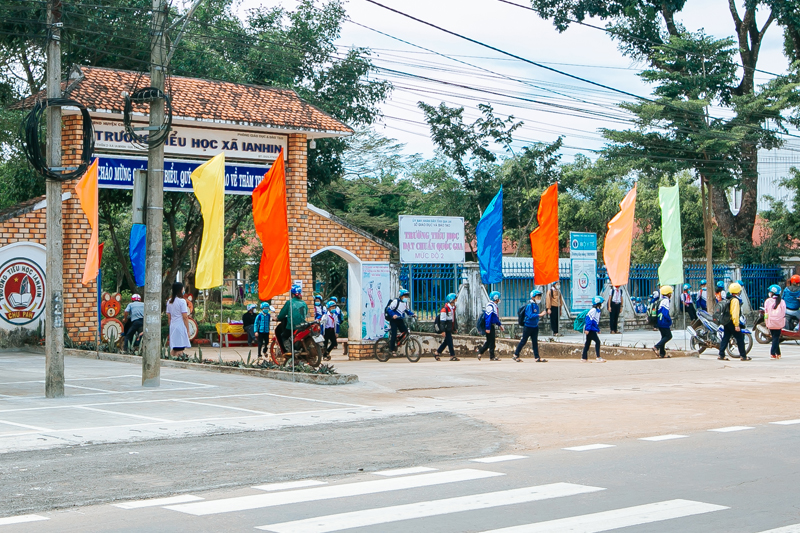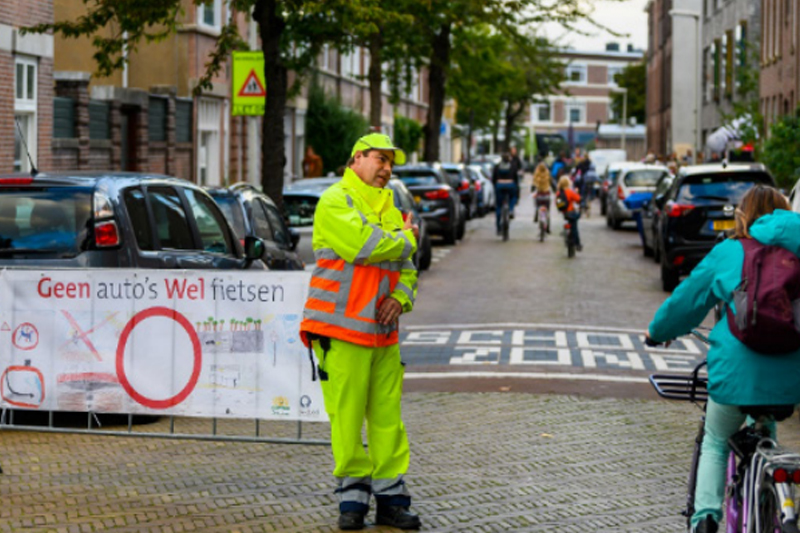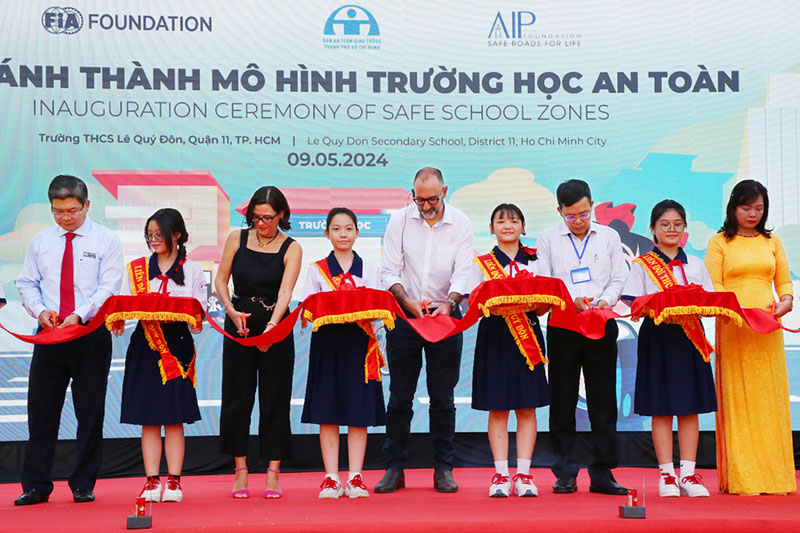Rio de Janeiro schools journey interventions launched with ITDP Brazil
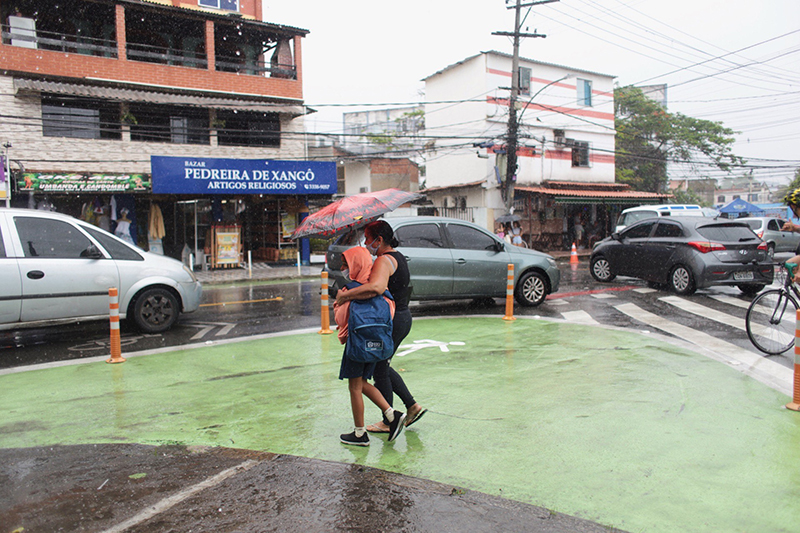
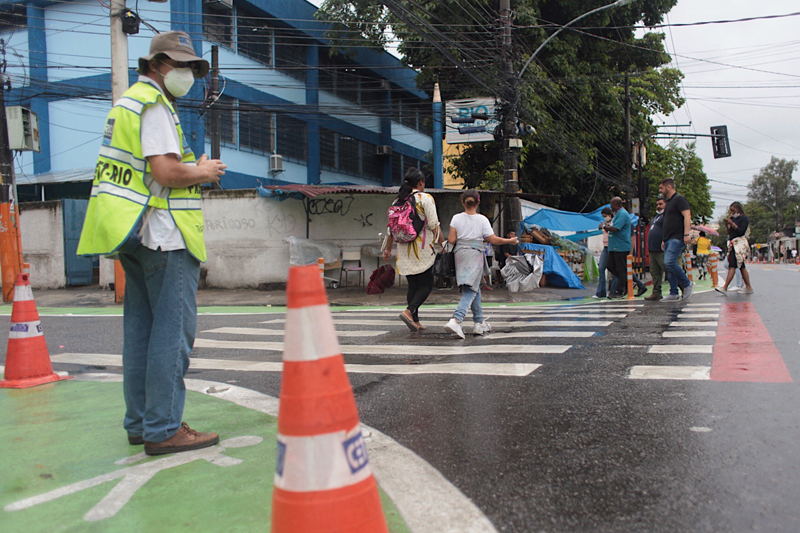
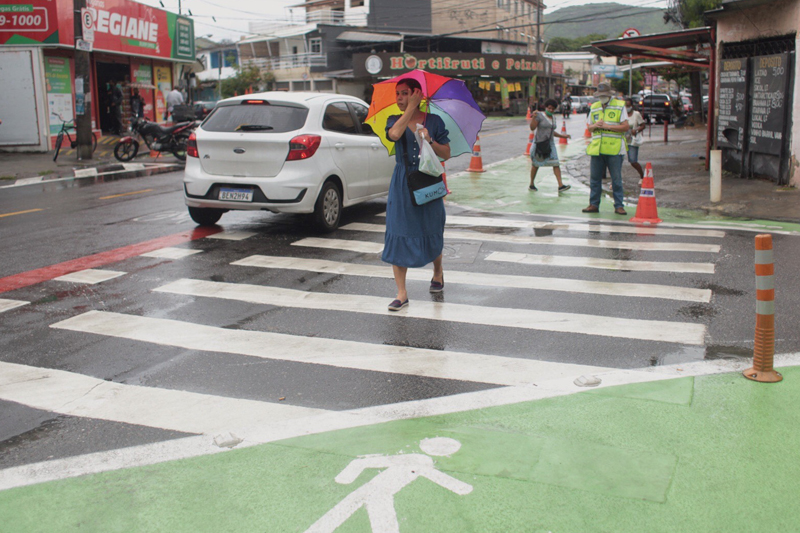
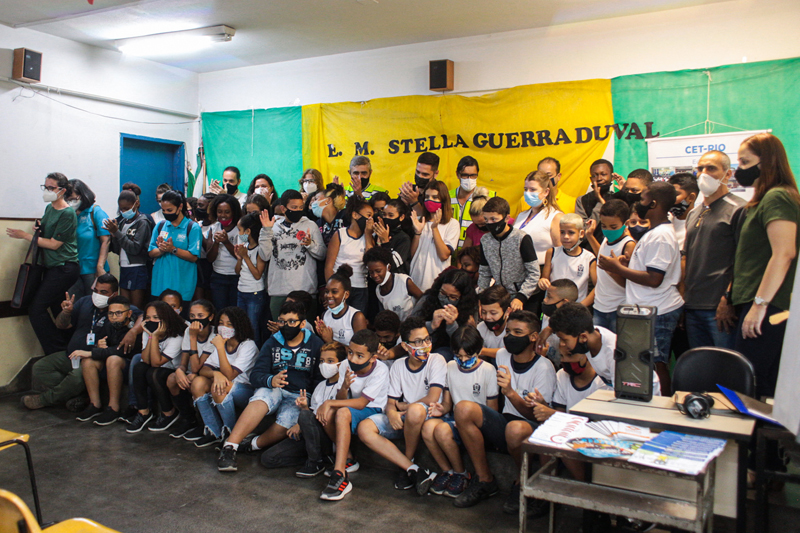
New interventions for a Safe Routes to School pilot in Rio de Janeiro, Brazil have been launched through a child road safety collaboration between the city’s Department of Education and its engineering department (CET-Rio), supported by ITDP Brazil and funded through the FIA Foundation’s Advocacy Hub.
The programme is a new partnership focused on improving the city's road safety through child-led infrastructure change and capacity building for members of the city's technical teams to raise awareness of the safe systems approach, the crucial role of street design and the importance of active mobility and childhood development policies.
Road traffic injury is the leading cause of death among children aged 5 to 14 according to the Brazilian Ministry of Health; more than six thousand children and young people were seriously injured on Brazilian roads in just six months in 2021, making a case for street reform even more urgent.
ITDP is now collaborating with CET-Rio in the design, implementation, and monitoring of road safety and public mobility policies. It is also supporting the city to embed road safety assessment methodologies in school areas, aligning with international best-practice procedures such as SR4S and Trafic Conflict Analysis, both used in the pilot project.
The programme's pilot project took place around the two schools of CIEP Frei Veloso and Escola Municipal Stella Guerra Duval in the Realengo neighbourhood of the city. The low-income neighbourhood sees more than 1,000 students make journeys to school each day and was selected for its high road injury and cycling rate.
Oscar Diaz, FIA Foundation Latin America Consultant, said: "Delivering real and meaningful change to protect young people means understanding and responding to their lived experience. Delivering low-speed interventions around schools not only protects children and parents who walk and cycle but also promotes the essential shift towards the safe and sustainable long-term urban networks needed to protect the health and climate."
Danielle Hoppe, ITDP Active Mobility Manager, added: "If our transport system prioritizes the most vulnerable users, such as children, the elderly and people with disabilities and/or reduced mobility, all other users will be safer."
